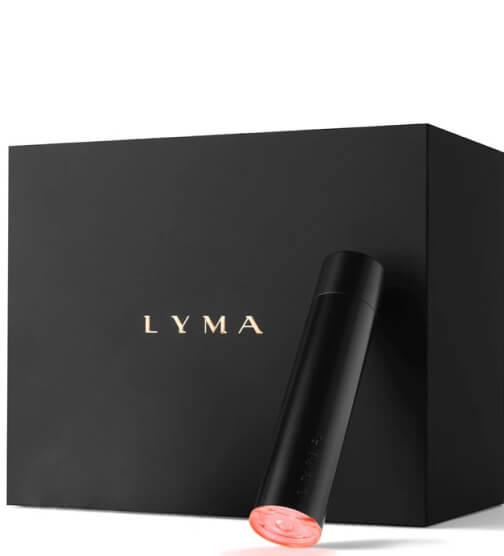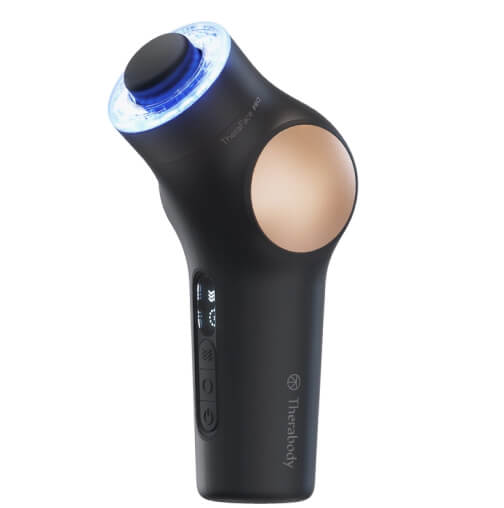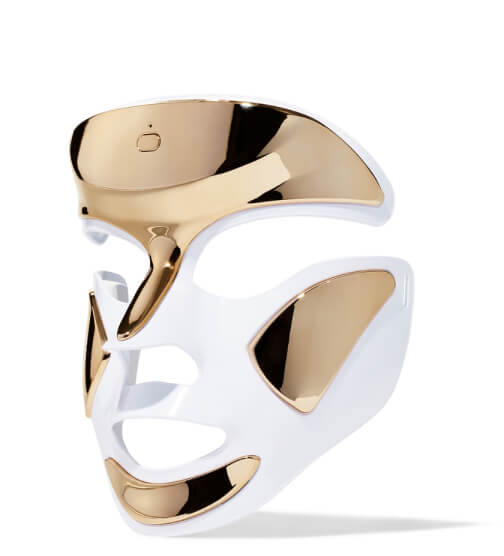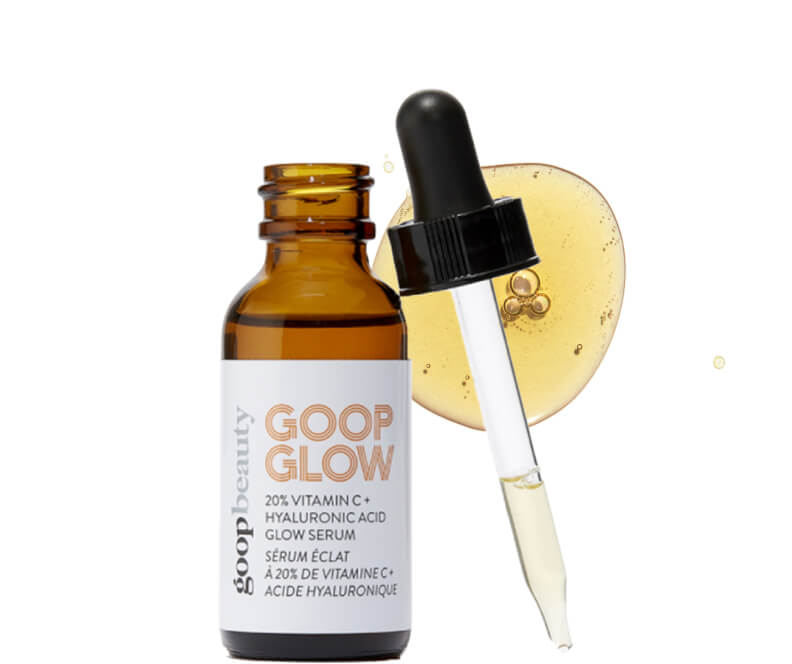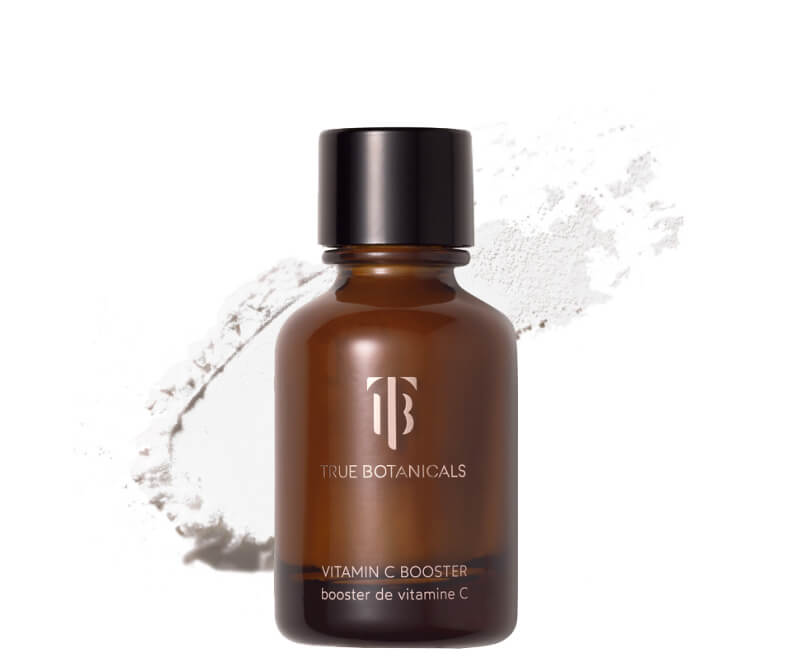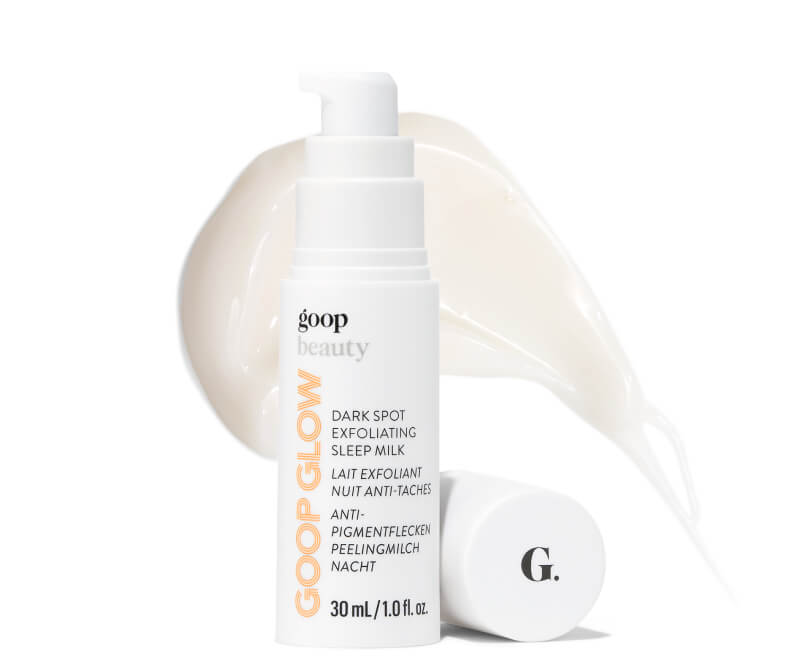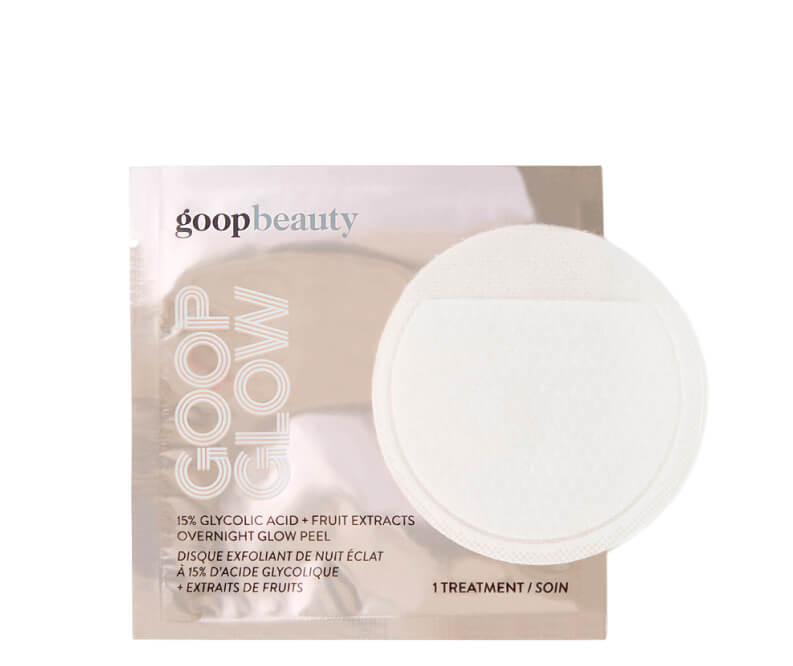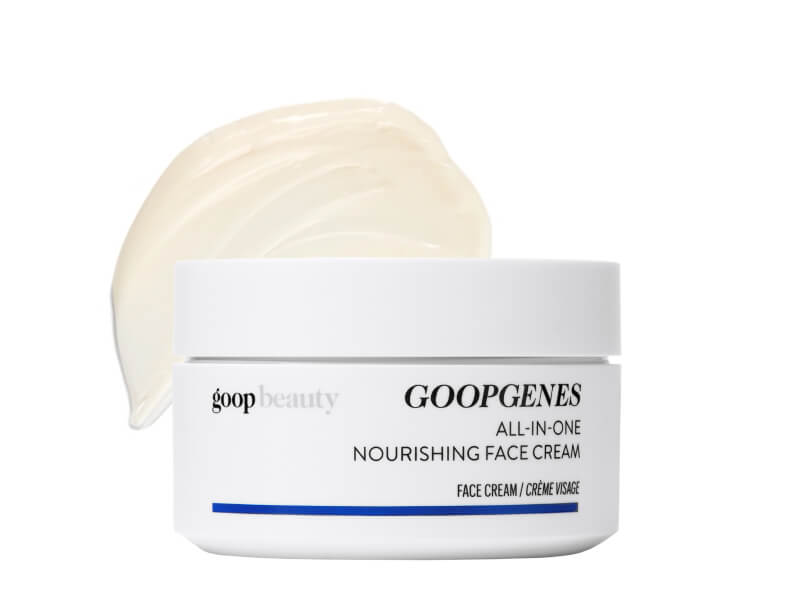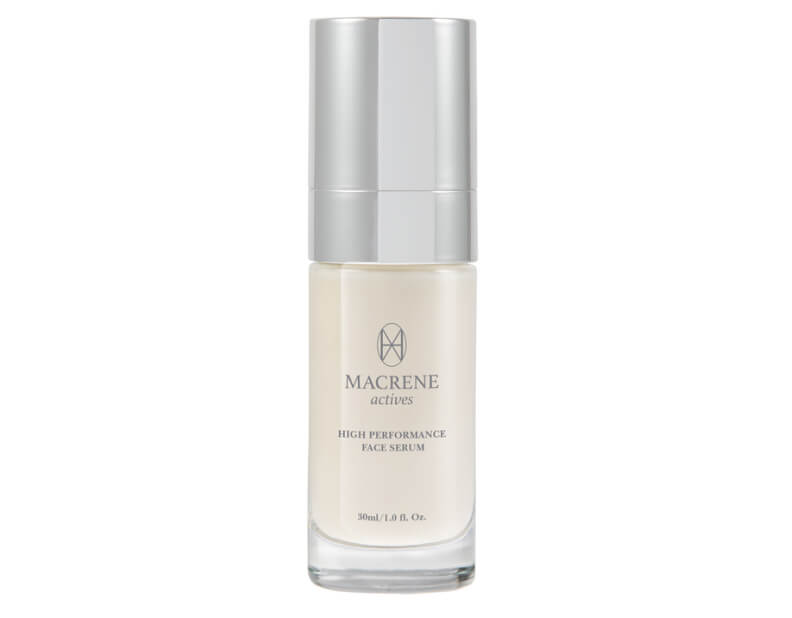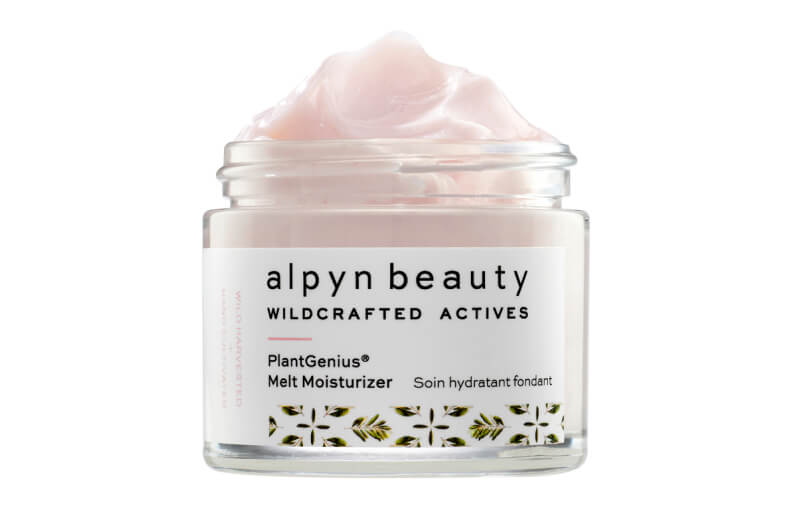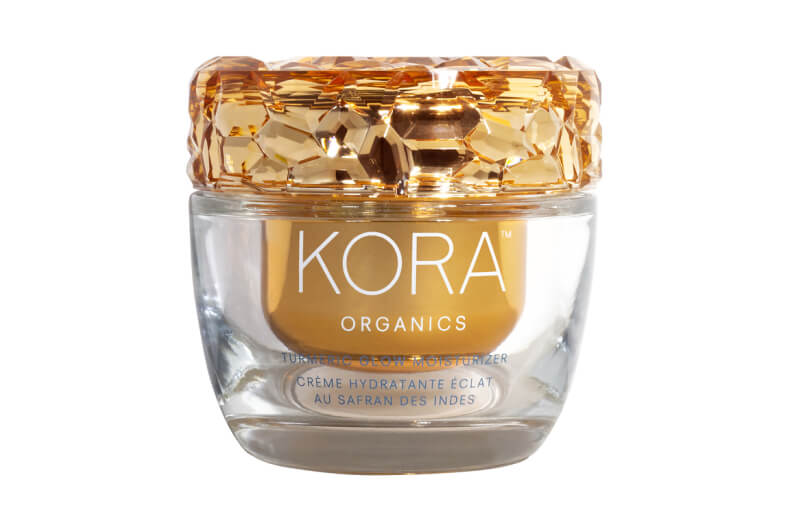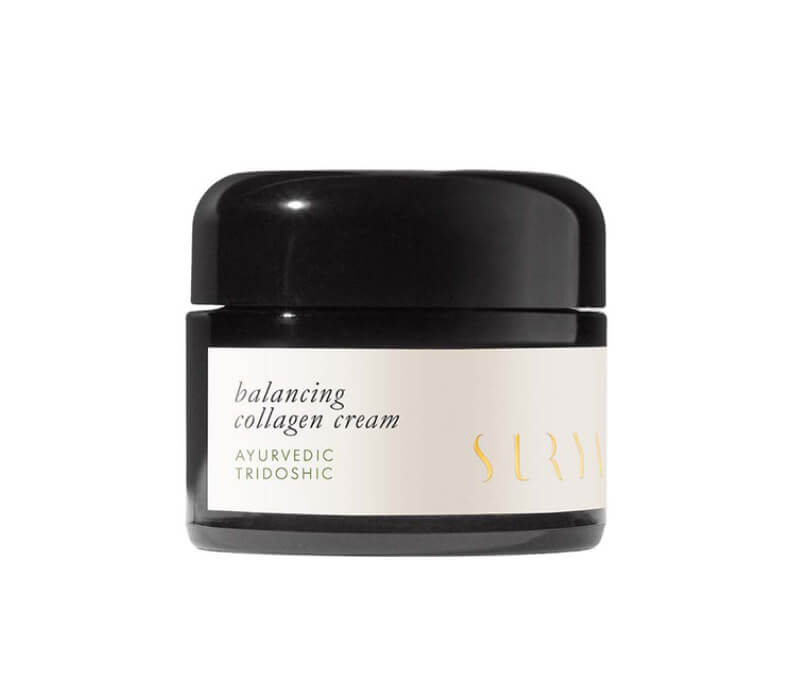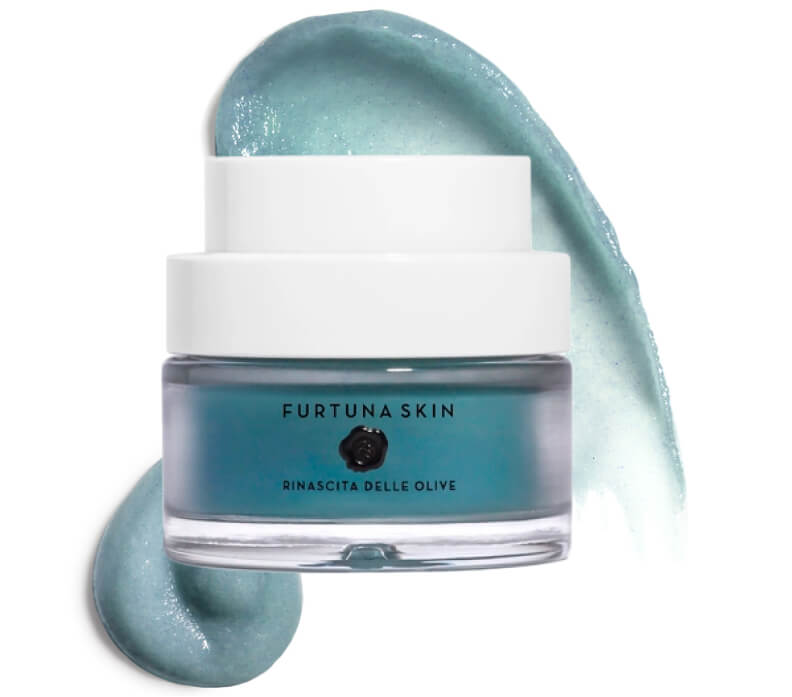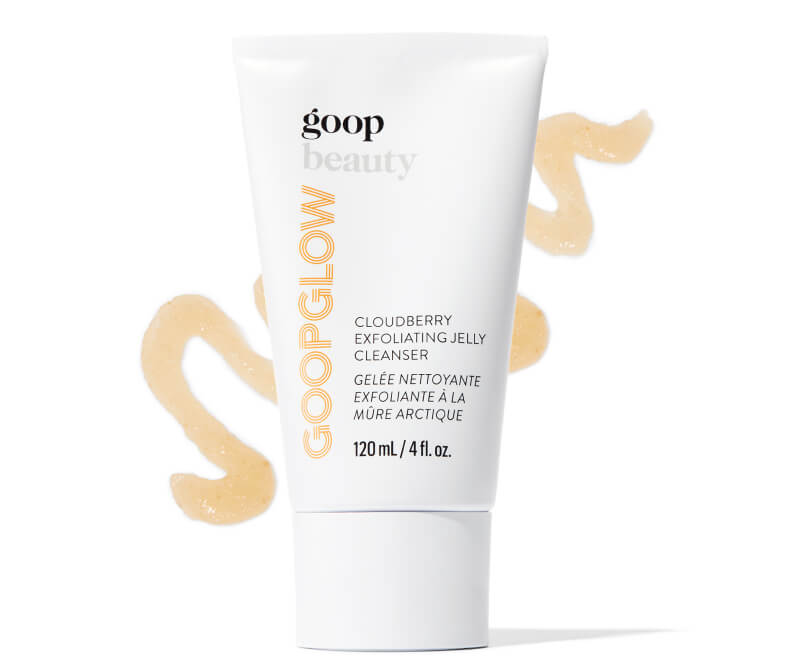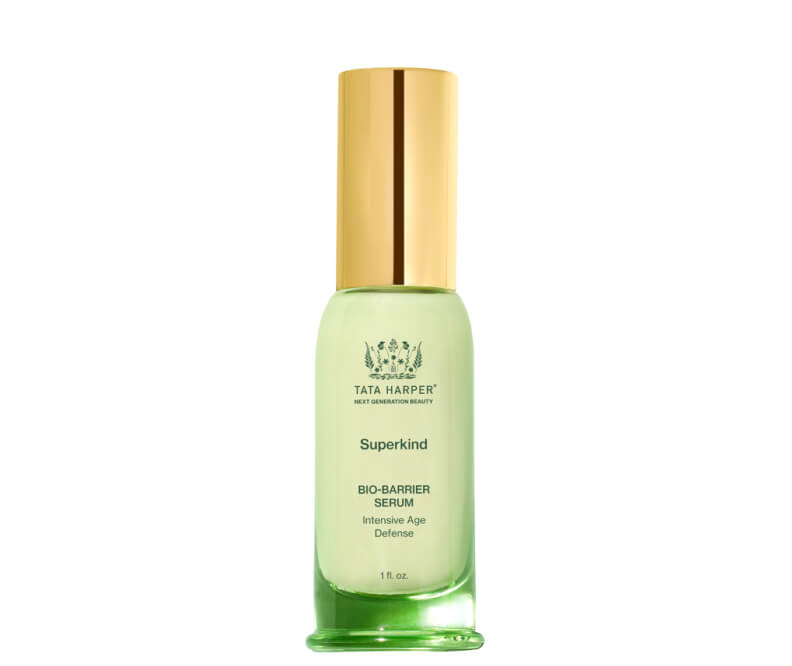The 7 Best Ways to Boost Collagen
Written by: Brianna Peters
|
Published on: December 15, 2022

Photo courtesy of Graham Dunn/The Licensing Project
Regardless of the myriad ways to court a beautiful complexion, there’s one constant: collagen, the main structural protein in our skin. Our bodies produce it plentifully when we’re young, which is one reason even an egregious lack of sleep and surfeit of sun-basking seem to have little effect on a 20-year-old.
We continue making collagen as we get older, but production slows dramatically. Habits around smoking, diet, exercise, and sun exposure can all contribute. And as collagen levels drops, our skin starts to thin, droop, and form lines.
But there are ways to preserve the collagen we’ve got and even potentially stimulate our bodies to replace some of what we’ve lost, says top New York dermatologist Robert Anolik, MD, a professor of dermatology at the NYU School of Medicine. Topicals can make a difference, though according to Anolik, a cream won’t do as much as what you can accomplish in a doctor’s office. “But together, topicals, ingestibles, and a dermatologist can get you very far,” he says.
1
Sunscreen Is the Ultimate Collagen Preserver
Anolik is adamant: “Without question, 90 percent of aging on our skin is from the sun,” he says. “Use sunscreen every day.” Staying out of and shielding skin from the sun is the most powerful collagen-preserving move we can make.
Everyday SPF 30
 Saint Jane
Saint Jane
Luxury Sun Ritual Pore Smoothing SPF 30
goop, $38SHOP NOWSheer SPF 50
 The Organic Pharmacy
The Organic Pharmacy
Cellular Protection Sun Cream SPF 50
goop, $69SHOP NOW
2
In-Office Treatments Can Make a Big Difference
If you’ve ever assumed cosmetic dermatology is mostly about Botox and fillers, times have changed; much of the tech you can now access at a great dermatologist’s office involves building or remodeling collagen. Resurfacing radiofrequency lasers like Fraxel and Pico, heat therapies like Sofwave and Ulthera, microneedling treatments (which can be combined with radiofrequency in new devices), light therapies, and even certain kinds of fillers encourage collagen stimulation. Some require moderate downtime, but most do not; the important thing to remember is that collagen doesn’t rebuild overnight, so results from even very powerful treatments can take a few months before they start showing up.
3
At-Home Light Therapy Is a Great Support
The best at-home devices work off of technologies developed for dermatologists’ and plastic surgeons’ offices. Because both low-level red and infrared light therapy have, according to the Journal of the American Academy of Dermatology, been linked to stimulating production of collagen, elastin, and hyaluronic acid in skin, many devices focus on light. The LYMA is a near-infrared clinic-grade laser 100 times more powerful than a standard at-home LED light treatment—and it’s also the only 500mW laser cleared by the FDA for at-home use (a level you used to be able to get only in a doctor’s office). Another brilliant device, the TheraFace PRO, is made with five other attachments (three percussive therapy rings, a microcurrent ring, and a cleansing ring) in addition to an LED light therapy ring, which delivers red, infrared, and blue light. And the red and blue light mask from Dr. Dennis Gross—a top New York dermatologist—uses red light to stimulate collagen and blue to target blemishes.
Near-Infrared Light
 LYMA
LYMA
LYMA Laser Starter Kit
goop, $2,700SHOP NOWRed, Blue, and
Infrared Light
 Therabody
Therabody
TheraFace PRO
goop, $399SHOP NOWRed and Blue Light
 Dr. Dennis Gross
Dr. Dennis Gross
DRx SpectraLite FaceWare Pro
goop, $435SHOP NOW
4
Powerful Topicals Really Help
Retinoids are the gold-standard topical ingredients within dermatology. “They’re the most effective topical therapy for stimulating the new healthy production of collagen and the reorganization of existing collagen,” Anolik says. That said, ingredients like alpha hydroxy acids, vitamin C, and peptides can all help stimulate collagen production over time.
Vitamin C
-
 goop Beauty
goop Beauty
GOOPGLOW 20% Vitamin C +
Hyaluronic Acid Glow Serum
goop, $125/$112 with subscriptionSHOP NOW -
 True Botanicals
True Botanicals
Vitamin C Booster
goop, $90SHOP NOW
Alpha Hydroxy Acids
-
 goop Beauty
goop Beauty
GOOPGLOW Dark Spot Exfoliating Sleep Milk
goop, $98/$89 with subscriptionSHOP NOW -
 goop Beauty
goop Beauty
GOOPGLOW 15% Glycolic Acid Overnight Glow Peel
goop, $125/$112 with subscriptionSHOP NOW
Peptides
Anolik finds peptides particularly interesting. “The idea is that peptides, fragments of proteins, could in theory fool your skin into a healing process, which means it makes new, better collagen,” he says. “How much this helps relative to other strategies is up in the air, but it’s one of the more interesting areas of collagen therapy out there today.”
Cream
 goop Beauty
goop Beauty
GOOPGENES All-in-One Nourishing Face Cream
goop, $98/$86 with subscriptionSHOP NOWSerum
 MACRENE actives
MACRENE actives
High Performance Face Serum
goop, $195SHOP NOW
5
Keep Your Skin
Well-Moisturized
Even regular moisturizer helps with collagen, Anolik says: “Dry skin leads to inflammation, which can harm healthy collagen. Moisturization helps by limiting the dryness.”
Whipped Gel
 Alpyn Beauty
Alpyn Beauty
PlantGenius Melt Moisturizer
goop, $60SHOP NOWSilky Moisturizer
 KORA Organics
KORA Organics
Turmeric Glow Moisturizer
goop, $60SHOP NOWThick Cream
 Surya
Surya
Balancing Collagen Cream
goop, $195SHOP NOWVelvety Balm
 Furtuna Skin
Furtuna Skin
Rinascita Delle Olive Replenishing Balm
goop, $225SHOP NOW
6
There Are Collagen-Building Topicals for Sensitive Skin
Even sensitive skin can tolerate mild exfoliation and peptides, which can help stimulate collagen production over time.
Exfoliating Cleanser
 goop Beauty
goop Beauty
GOOPGLOW Cloudberry Exfoliating Jelly Cleanser
goop, $35/$25 with subscriptionSHOP NOWActive Serum
 Tata Harper
Tata Harper
Superkind Bio-Barrier Serum
goop, $146SHOP NOW
7
Consuming Collagen Is Well Worth the Effort
Organic bone broth is famous for delivering collagen along with other nutrients; antioxidant-rich foods (citrus, greens, etc.) also support healthy skin. Supplements—from collagen-infused drinks and bars to antioxidant-bolstered powders (like GOOPGLOW)—can help, too.
Vitamin C–Powered Drink for Glow
 goop Beauty
goop Beauty
GOOPGLOW Morning Skin Superpowder
goop, $60/$55 with subscriptionSHOP NOW
Related Reading
Do Antioxidants Really Boost Glowing Skin?
How to Get Rid of Textured Skin: A Routine
How do we test clean beauty products at goop? First they have to pass our standards for clean (goop has some of the toughest standards in the industry). Only then do they make it to our editors’ showers, bathroom counters, and makeup bags, where they are rigorously hand tested (and road tested, if we happen to be going on a trip). The goop beauty department is made up of women of varied ages, races, and tastes—if we really love something, we’re pretty confident you’re going to love it, too.
https://goop.com/beauty/skin/best-ways-to-boost-collagen/”>
#Ways #Boost #Collagen



